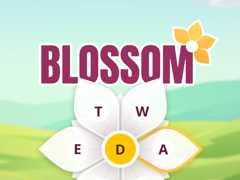'Allusion' vs. 'Illusion'
What to KnowAllusion refers to the act of making an implied or indirect reference to something. Anillusion is either a mistaken idea or something that is false or not real but that seems to be true or real.
One of the trickiest aspects of English is that the language is particularly rich in words that come from the same root, are spelled and sound quite similarly, and yet have meanings that are profoundly different. Welcome toillusion andallusion.

Keep your eye on the usage.
The Meaning of 'Allusion'
Both of these words come in part from the Latinludere, meaning “to play” (a root they share with words such asludicrous andcollusion). Toallude to something is to make an indirect reference; anallusion can be either “the act of making an indirect reference to something” or “an implied or indirect reference.” In this latter sense it is used especially with reference made to something in literature.
The Meaning of 'Illusion'
Illusion has a few more meanings thanallusion does, and most of them are concerned with deception and misleading, rather than indirectness. Anillusion may be “a misleading image presented to the vision,” “a perception of something objectively existing in such a way as to cause misinterpretation of its actual nature,” or “the state or fact of being intellectually deceived or misled.” Just asallusion has the verb form ofallude,illusion likewise has the wordillude. It is not nearly as common asallude, and you will not encounter it very often; among its meanings are “delude,” “to subject to an illusion,” and “to escape from.”
On 'Delusion'
Both of these words can be easily confused withdelusion, especiallyillusion, with which it shares considerable port of its meaning. Adelusion is “something that is falsely or delusively believed or propagated” or “the act of tricking or deceiving someone : the state of being deluded.”
You can think of these three words as existing on a sliding scale, withallusion being closest to reality anddelusion the furthest from it. Anallusion is an indirect reference, anillusion is something that is not as it seems, and adelusion is something that is falsely believed.



